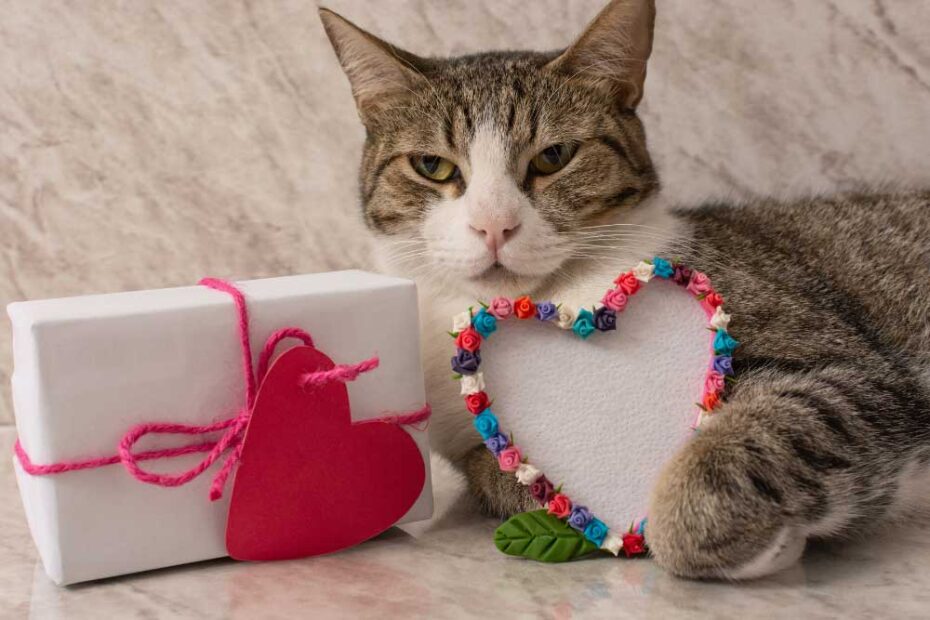Chocolate is a delicious treat for many people, but it can be dangerous for pets. Chocolate contains a compound called theobromine, which can be toxic to animals, particularly dogs and cats. Theobromine is a stimulant that can cause a variety of symptoms, including vomiting, diarrhea, increased heart rate, and even seizures. In severe cases, it can lead to death.
The risk of chocolate toxicity depends on the type of chocolate and the amount consumed. Dark chocolate and unsweetened baking chocolate contain higher levels of theobromine than milk chocolate and white chocolate. This means that a small amount of dark chocolate can be more dangerous than a larger amount of milk chocolate.
If your pet ingests chocolate, it’s important to act quickly. The first step is to call your veterinarian or a pet poison control hotline. They will be able to advise you on the best course of action for your pet’s specific situation. Depending on the amount and type of chocolate consumed, your pet may need to be hospitalized for treatment.
If your pet has consumed a large amount of chocolate or is showing symptoms such as vomiting, diarrhea, increased heart rate, or seizures, it is important to bring them to the vet immediately. Your veterinarian may induce vomiting to remove any remaining chocolate from the stomach, administer activated charcoal to absorb the toxin and prevent it from being absorbed into the bloodstream, and provide supportive care such as IV fluids and medications to control seizures.
To prevent chocolate toxicity, it’s important to keep chocolate and other sweets out of reach of pets. This means keeping chocolate in secure containers, not leaving chocolate on counters or tables, and not giving chocolate as a treat to pets. It’s also important to educate yourself on the symptoms of chocolate toxicity so that you can recognize them and seek medical treatment quickly if necessary.
In conclusion, chocolate can be dangerous for pets due to its theobromine content. So don’t let your pet get ahold of your tasty Valentine’s treat! If your pet ingests chocolate, it’s important to act quickly and seek medical treatment. To prevent chocolate toxicity, it’s important to keep chocolate and other sweets out of reach of pets and educate yourself on the symptoms of chocolate toxicity. It’s also important to keep in mind that pets do not have the same nutritional needs as humans and should not be fed with human food.
ASPCA Animal Poison Control Center Phone Number: (888) 426-4435
